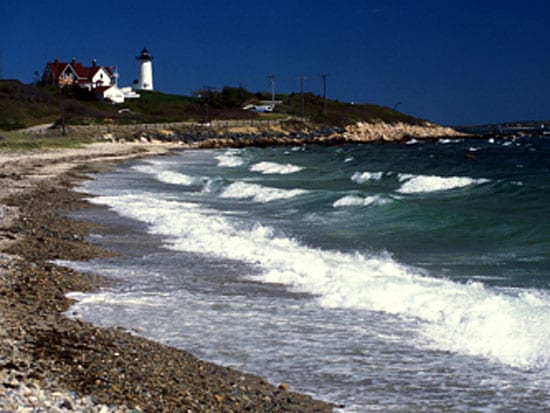Our Moving Shoreline and Changing Climate
September 1, 2004
Sea level rise, eroding coastlines and increasing economic impact from severe storms on coastal communities are all part of studies underway at the Institution’s Coastal Ocean Institute. Climate researchers note that 2004 has been an unusually active hurricane season in the Atlantic, in part due to unusually warm tropical Atlantic sea surface temperatures that are helping to fuel the formation of more storms. Other factors that determine hurricane formation include conditions in the tropical Pacific related to El Ni-o and conditions in the upper atmosphere over the equatorial Atlantic.
Globally, the world oceans are heating up, with present Atlantic, western Pacific and Indian Ocean surface temperatures running 1 to 2 degrees C. above the 100-year average. The Atlantic is not alone in increased storm activity this year; the Pacific is also experiencing a surge in typhoon activity, attributed to warm ocean surface temperatures. New tools for mapping and monitoring the entire coastal system and for examining changes related to seasonal or individual events like hurricanes will enable scientists and coastal managers to develop improved models of shoreline change, to better assess risks to coastal communities, and improve coastal development and management programs.

